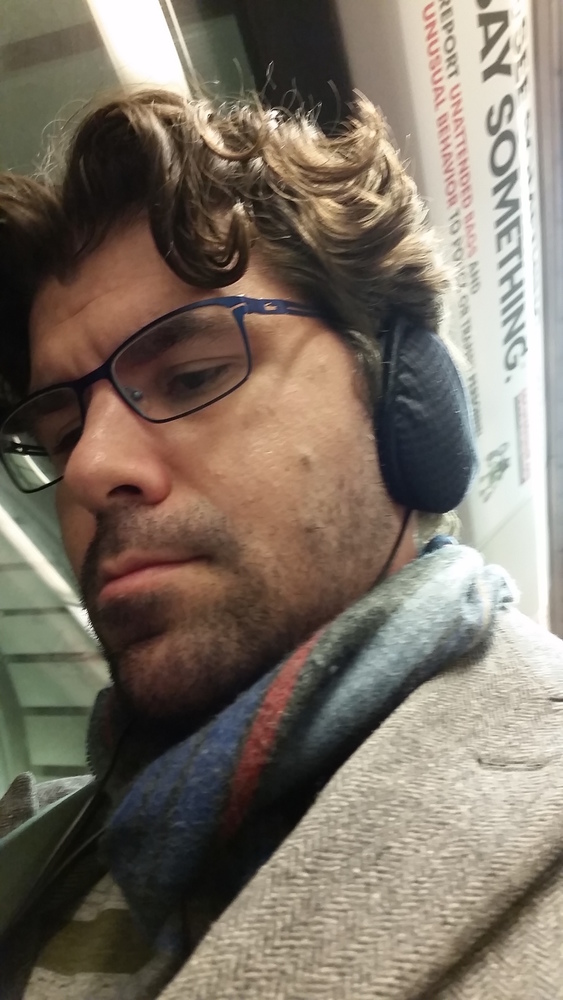QuoteQuote
My strawman versus your strawman:
How many civilians did Saddam Hussein kill?
Question is slightly incomplete, should be posed like that:
"How many US civilians did SH kill?"
Just in order to keep balancein fairness ...
Oh, I see. So it doesn't matter if he kills a couple hundred thousand of his own citizens. No one has the right to stop him from doing so. Got it!
Well, we better get started on EVERY other horrible regime in the world then. Because we are the police.
Please don't try to act like it was just about saving the people in Iraq. Like we were doing it out of the goodness of our hearts. That was secondary to our search for WMD's and no spin is going to change that
Why yes, my license number is a palindrome. Thank you for noticing.



Question is slightly incomplete, should be posed like that:
"How many US civilians did SH kill?"
Just in order to keep balance
Oh, I see. So it doesn't matter if he kills a couple hundred thousand of his own citizens. No one has the right to stop him from doing so. Got it!